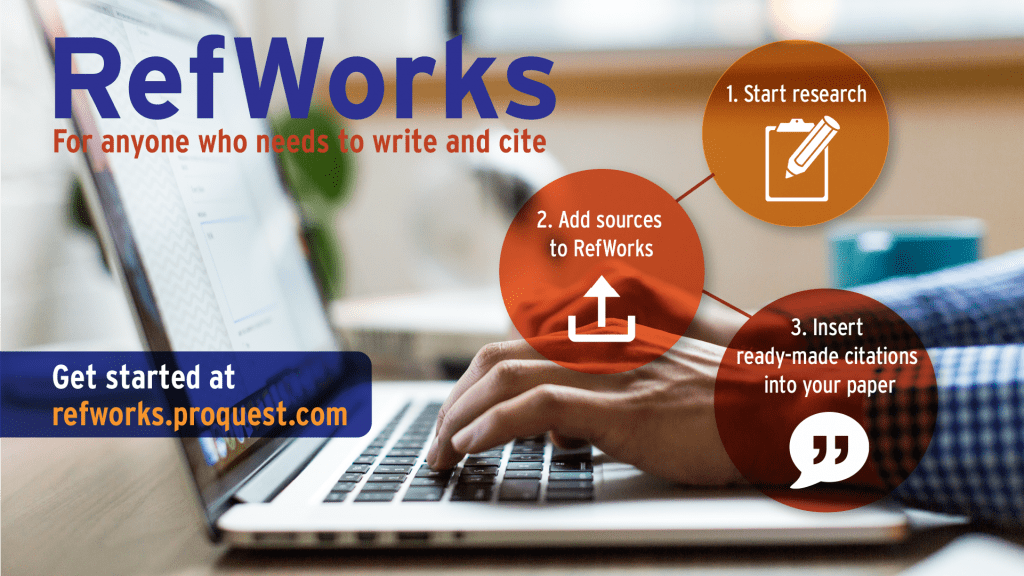Adjusting Study Habits During COVID-19
The Challenges of Changing your Study Habits
We all know that change can be difficult, especially during a time of so many unknowns.
As Red River College shifts to an online course environment, that means we need to change our study habits and change the way we access resources.
Helpful Tips
In response to the changes to Red River College’s learning environment, the Academic Success Centre and the Library have created an Adjusting Study Habits During COVID-19 document with tips to help students adapt the way they study.
The tips in the document include how to:
- Stay Organized
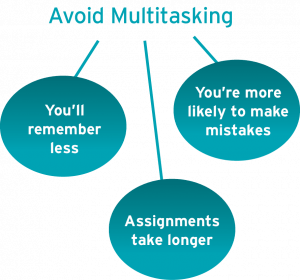
- Avoid Multitasking
- Make the Most of Video Lectures
- Set a Schedule
- Develop New Strategies
- Do Remote Team and Group Work
- Stay Connected to Others
As we are all adjusting to an online course environment, our advice is to be patient and to take care of your wellbeing first, then try out the suggested tips.
We Are Here For You
While the Library’s physical doors are closed, the online service desk is still running and ready to serve you. Staff are online during the following hours:
Monday – Thursday 7:30am – 8:00pm
Friday 7:30am – 4:30pm
Saturday 8:30am – 4:00pm
During this time, a staff member is available to chat or answer your email. Simply visit library.rrc.ca and click on the Ask Us button or send an email to library@rrc.ca.

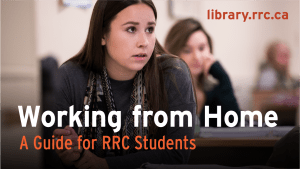
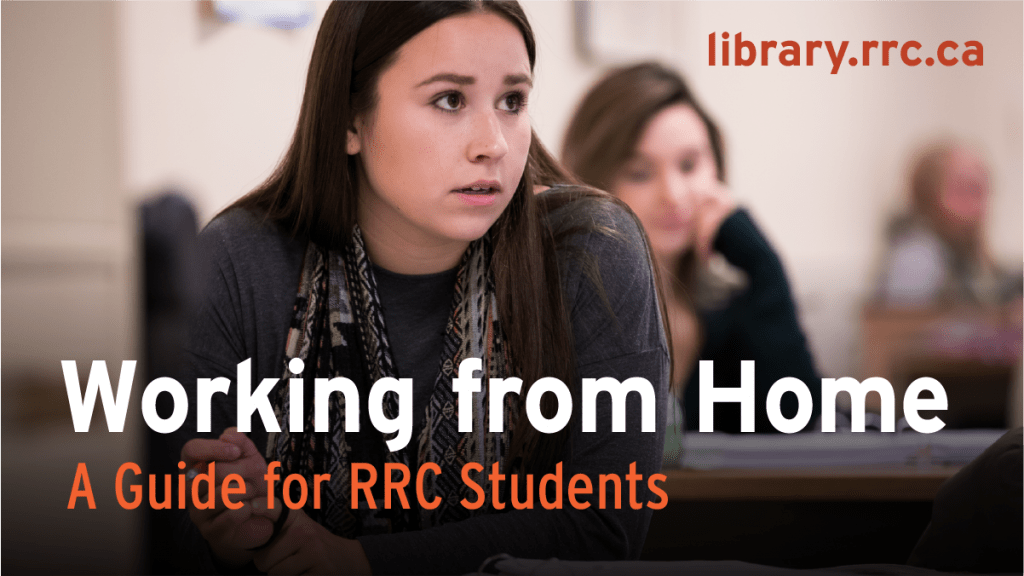

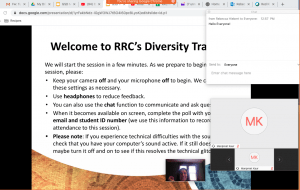
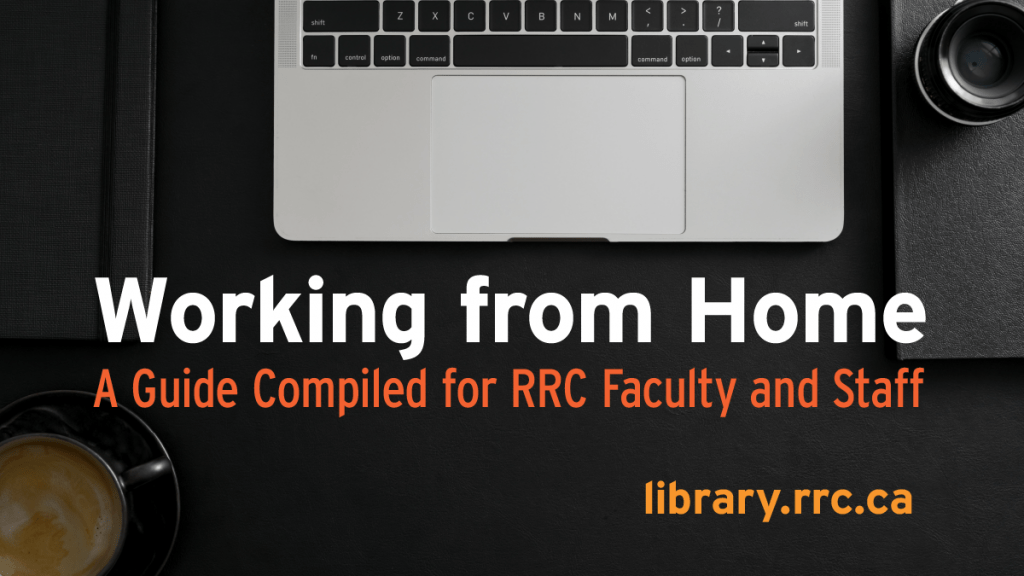


 There are ways to help reduce stress and combat isolation which you may find valuable, such as mindfulness and meditation strategies, fitness apps and virtual social gathering.
There are ways to help reduce stress and combat isolation which you may find valuable, such as mindfulness and meditation strategies, fitness apps and virtual social gathering.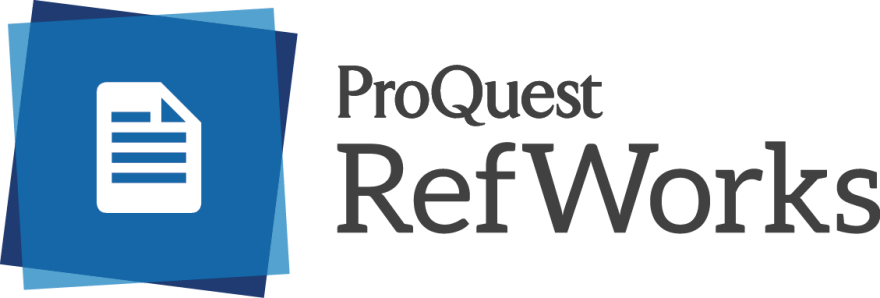
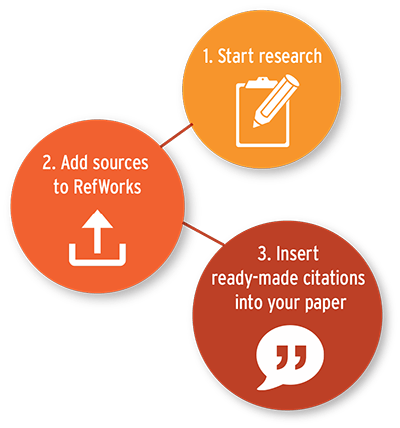 Let me introduce you to RefWorks.
Let me introduce you to RefWorks.
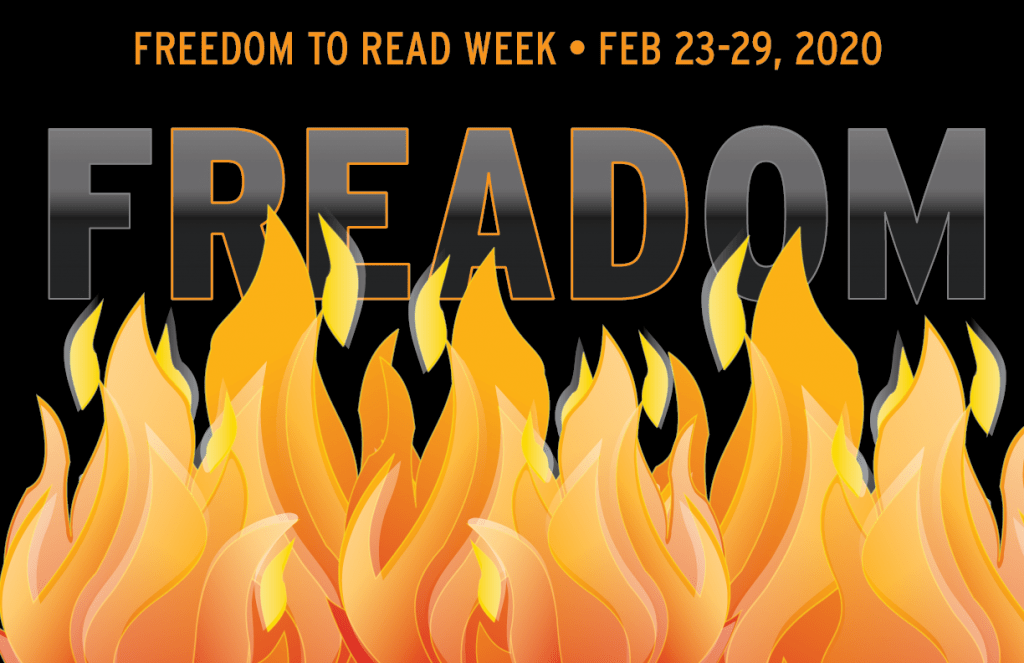
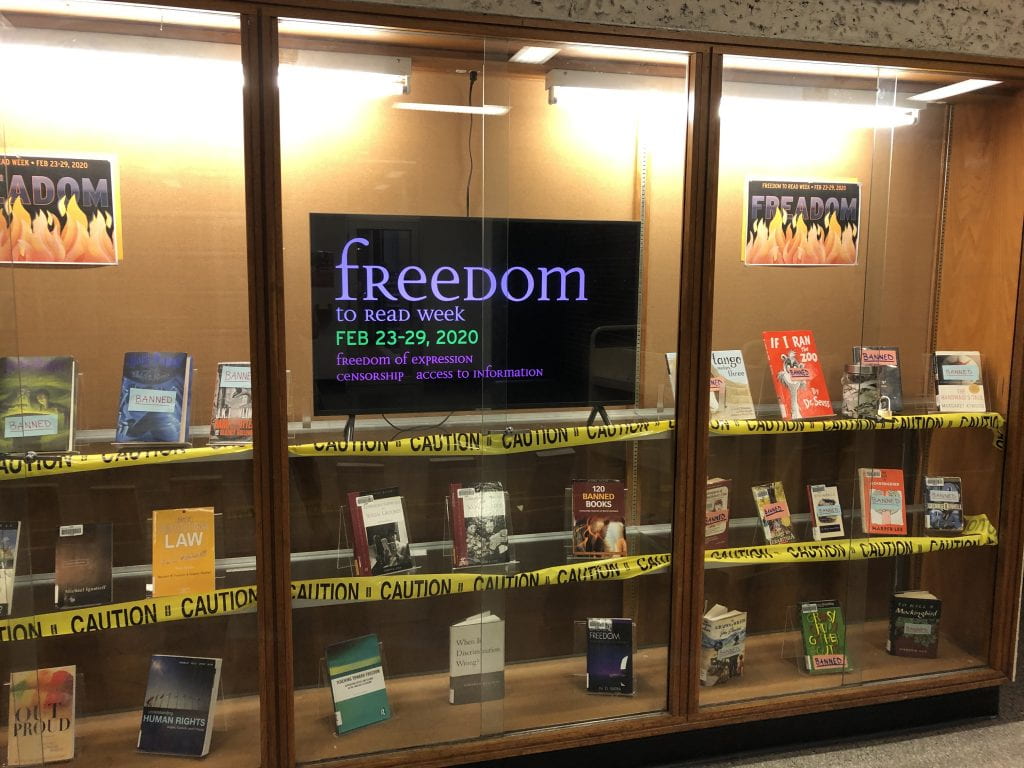
 We all know that writing a paper has its headaches, especially the task of tracking and citing sources. RefWorks, now offered by RRC Library, is a reference management service that streamlines the research and citation process for you. It will store your sources and generate authoritative citations and bibliographies in whatever format you need so you can focus writing your paper. RefWorks also coordinates with Word and Google Docs, allowing you to quickly insert and edit citations and add them to your bibliography as you go.
We all know that writing a paper has its headaches, especially the task of tracking and citing sources. RefWorks, now offered by RRC Library, is a reference management service that streamlines the research and citation process for you. It will store your sources and generate authoritative citations and bibliographies in whatever format you need so you can focus writing your paper. RefWorks also coordinates with Word and Google Docs, allowing you to quickly insert and edit citations and add them to your bibliography as you go.